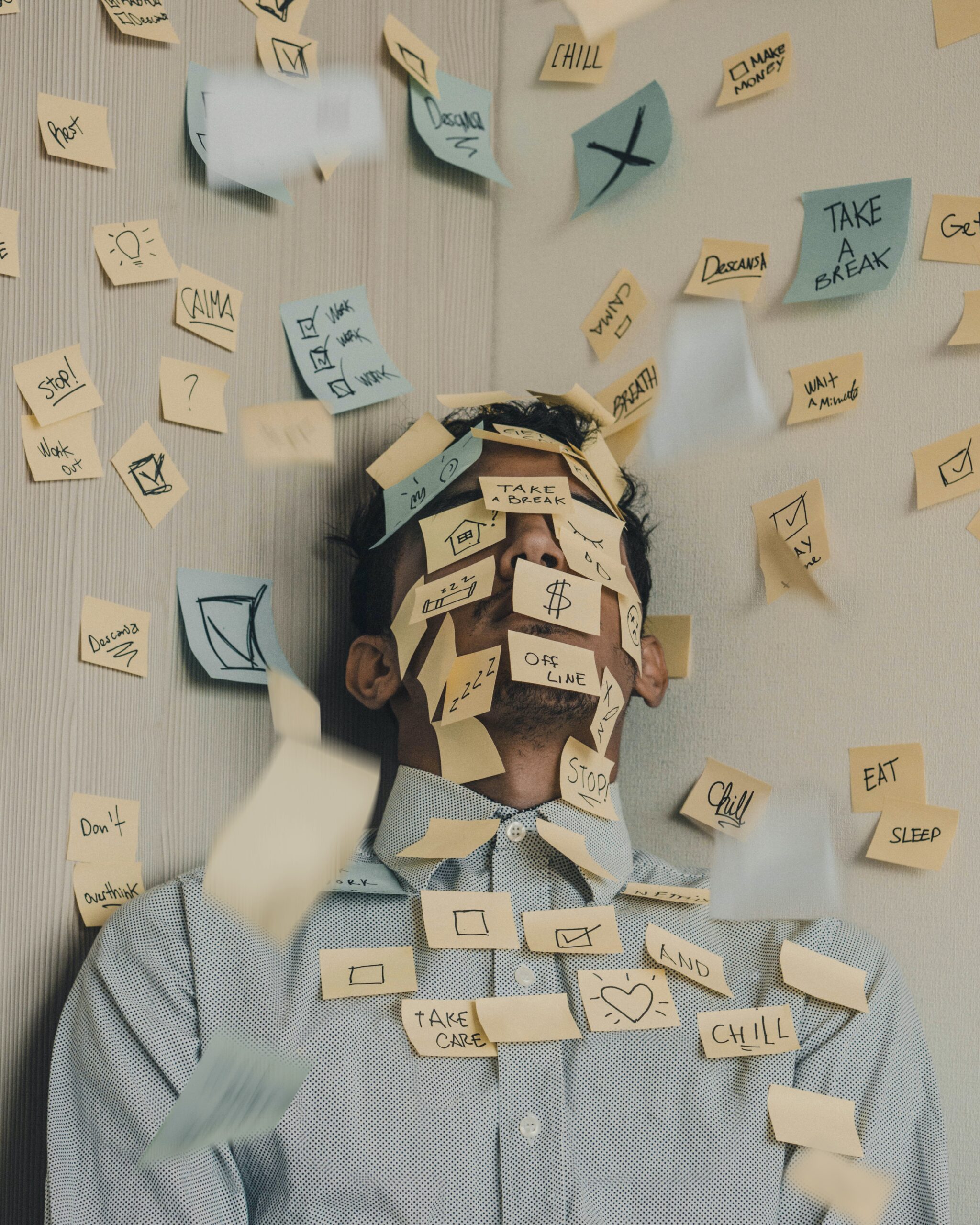Most individuals say they feel stressed out more frequently than they would like to acknowledge due to the demands of our professions, the growing desire to be connected throughout the day, raising a family while working full-time, and a chronic lack of sleep and exercise. However, some very risky effects result when you combine stress with a dash of chronic fatigue and also inactivity.
What if we adopted a minimalist lifestyle to relieve stress and make our lives happier?
What is Minimalism?
Practicing minimalism is getting rid of what you do not need in order to have a more fulfilling life. Stress reduction and happy life are the goals.
Focusing on what matters most while getting rid of everything else is the philosophy behind minimalism. It’s a way of life that you adopt rather than merely something you do because it’s hip or fashionable.
Despite the fact that minimalism has been around for millennia, it is currently enjoying a spike in favor. It initially appeared as a style of living intended to make people’s lives simpler.
Living a minimalist lifestyle has numerous advantages. One benefit is that it will enable you to take charge of your finances and time management. Finding what you need is made simpler by a lack of clutter.
Contrary to the previous way of life, which placed emphasis on accumulating as much as possible, minimalism aims to ease stress and increase appreciation for the small pleasures in life. It’s about actually living, not merely existing.
Stress Kills
The world we live in is stressful. The continual barrage of issues, requests, and challenging individuals may start to wear us down. Stress is the bodily sensation of having too many concerns or other emotionally upsetting items on your mind. Stress can result in a variety of health issues, ranging in severity.
From bodily pains and joint discomfort to more serious conditions including autoimmune illnesses and heart disease, stress can result in a wide range of health concerns. Not to mention all the less severe but no less bothersome issues, including acne.
Stress-inducing factors are frequently divided into two categories: short-term and long-term. Work, school, and interpersonal interactions are common examples of short-term influences. Long-term reasons can include financial difficulties or legal issues.
How to Reduce Stress in Order to be Happier
Life will always include some level of stress. Work, family, school, or even personal issues may be the root of the issue. But all too frequently it seizes control and rots us from the inside out. The adage “stress kills” is not simply a catchphrase; it is also accurate. Heart disease, high blood pressure, and even depression may all be brought on by stress.
Simplifying your life is the best approach to do this. You’ll be able to live a happier, less stressful life by simplifying. You won’t be trapped in the never-ending rat race that has come to be accepted as “normal” living.
Living a natural existence, when our needs are met by merely existing, is challenging in the modern world. There is yet hope for us, though! The newest stress-reduction craze, minimalism, can make many people happy, especially kids! It’s not just the latest fad—it’s the ideal approach to having a successful, stress-free existence.
Minimalism Helps Ease Stress
Stress is decreased by minimalism, which makes people happy. Overworking oneself is one of the most frequent sources of stress.
Because their lives are not overrun by distractions, minimalists frequently find that they are more productive. As there is no pressure to keep up with the newest trends or to be able to afford a lifestyle they can’t truly afford, they also discover that they are more at ease and less prone to feel bothered or nervous.
Tips for Minimalist Living
By encouraging individuals to be more aware of their possessions and environment, minimalism lowers stress. It is a style of life that aims to reduce clutter, distractions, and material goods in one’s life.
Few, thoughtfully chosen decorations are often used in the homes and offices of minimalists, and they typically don’t keep a lot of books or other items laying around.
Minimalists identify their needs in terms of their guiding principles. They don’t surround themselves with all the frills, only what they need to live.
People who live a minimalist lifestyle will tell you that it makes life much simpler when you aren’t concerned about all the items that are clogging up your living spaces.
How Minimalism Can Help Lower Work Stress
1. Organize your workspace
Stress increases in a disorganized workplace. It’s simple to become lost among the mounds of books, paper, and haphazard devices. Items on a cluttered desk are frequently out of reach, necessitating more effort and frequently adding to the tension. It takes more effort to organize and tidy a congested space for you to function well.
2. Keep your computer tidy and clutter-free
Digital clutter-free organization and maintenance help lower stress. You can quickly discover the information you require when you need it by putting all of your gadgets, documents, and files in one location. By eliminating distractions from your workspace, keeping your space clutter-free is a fantastic method to reduce stress.
Another source of stress is eliminated from your life by maintaining a clutter-free online presence. This stage includes clearing your inbox and social media accounts.
3. Establish priorities and make some difficult choices
Letting go is one of the best strategies to combat stress. If you’re feeling overloaded, establish priorities and decide what needs to go and what doesn’t.
4. Use constraints
Establish a time limit for a project or activity and finish it. Don’t take on more than you can handle.
Treat each duty as it arises; otherwise, things will rapidly pile up and become too much to handle. Even if it may seem like you are not doing much, this is simply because you are concentrating on the activities that must be finished.
We will always have more work to do. You can always come back to the tasks that need to be done after you’ve finished the urgent ones. Do not succumb to pressure from people who want you to do more than your fair part of the work.
5. Eliminate all distractions
When you should be working, put down your phone, television, and other distractions. These activities are so much more mentally demanding that it is simple to become sidetracked and lose track of time.
Minimalism Kills Stress
There are many strategies to have a happy life and lessen stress. One of the reasons why minimalism is so successful is that it helps you focus on what matters to you by eliminating distractions.
It takes away the “competition” in life, allowing you to live as you want and not how other people believe you should. You’ll discover that it’s simpler to be more productive after the clutter has been cleared out of your life. You’ll discover that you’re more imaginative and that you feel more in charge of your life.
While stress kills, living a modest lifestyle might help you live a happy life. We all want to live our best lives, and that’s all we truly care about. Try living simply!




